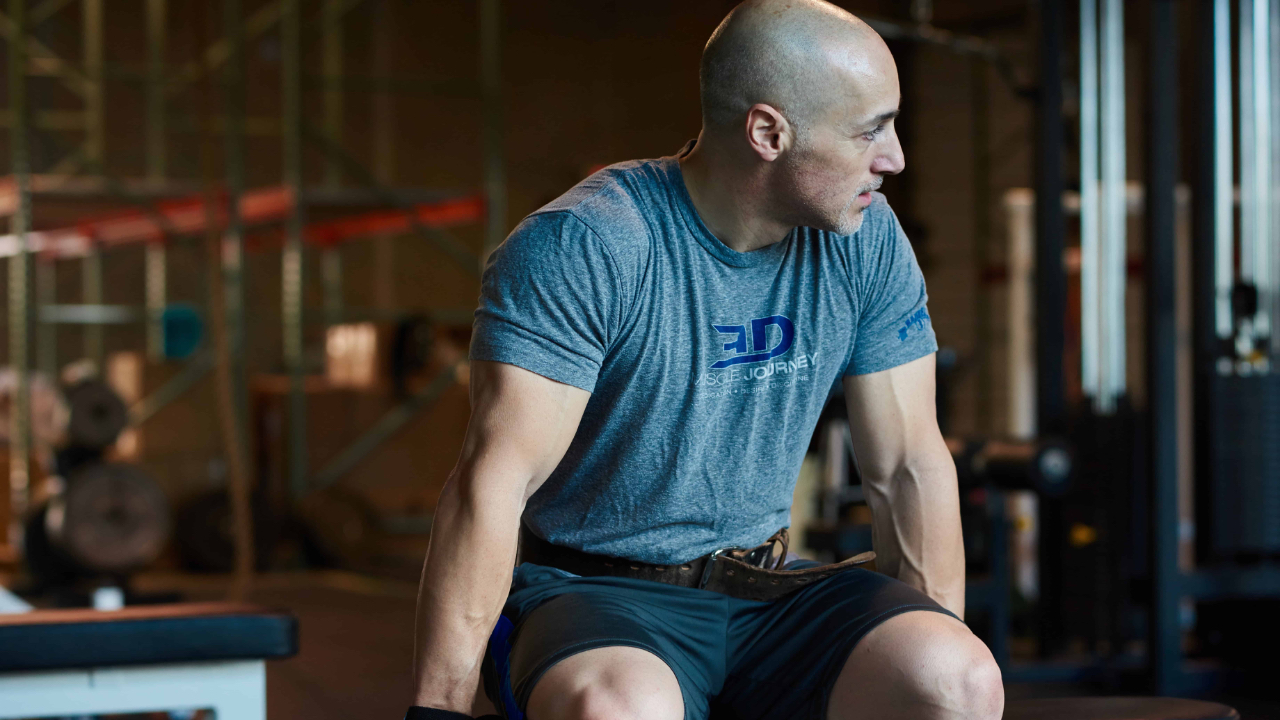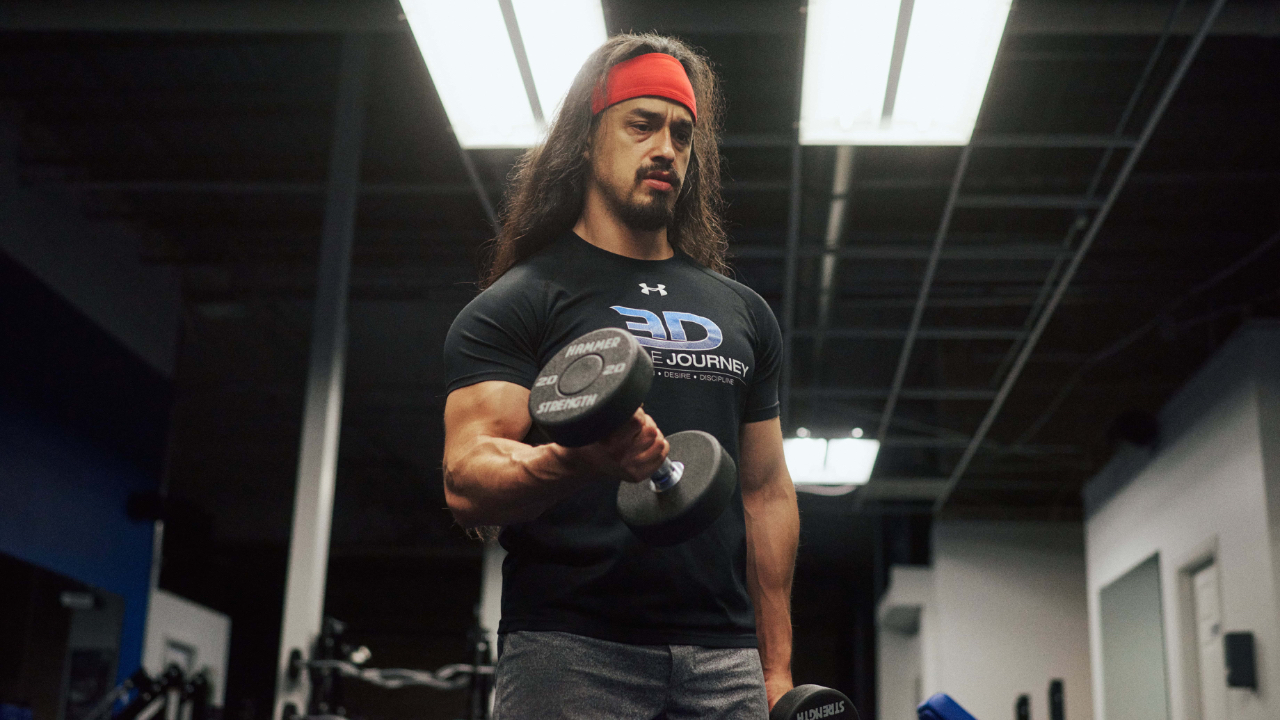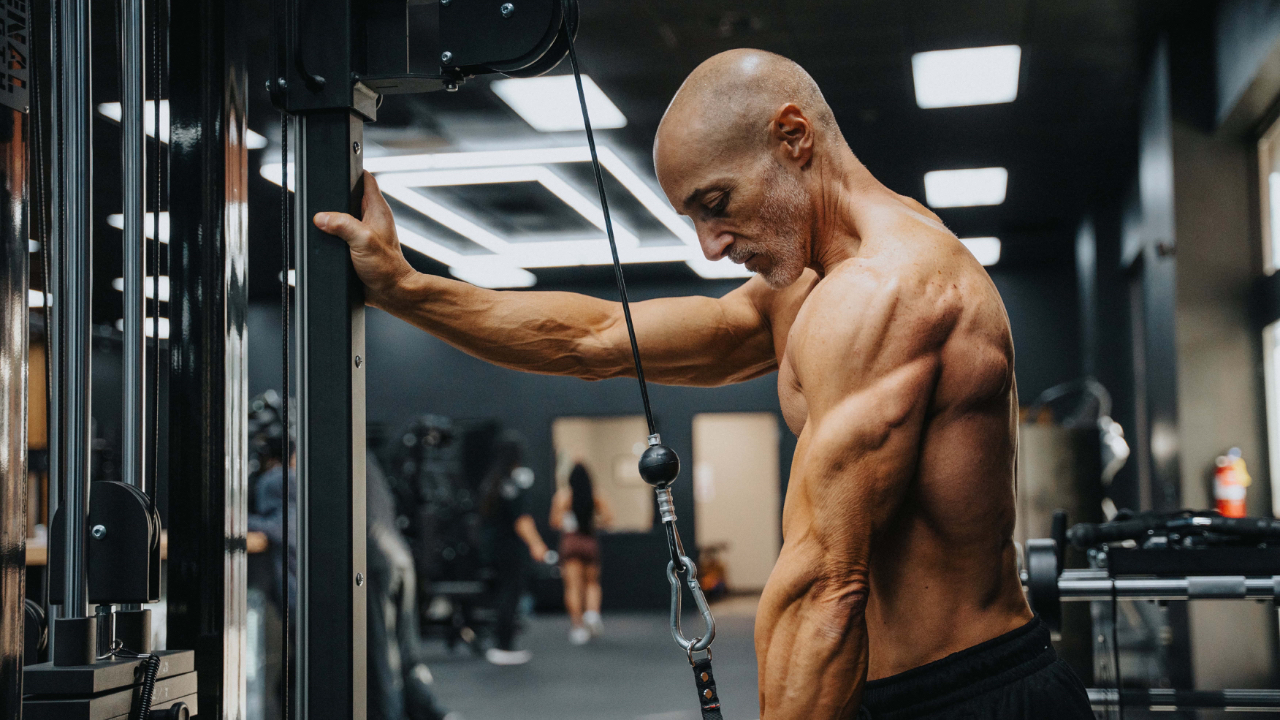BY: ERIC HELMS
“I’ve tried four different coaches, none of them met my expectations, I was disappointed with each one.”
“I read through the very positive testimonials for this coach, but after trying the coach out, I didn’t get the results I expected.”
“The coach produced some really impressive before and afters, but after trying the coach, the coach didn’t produce the same results for me.”
These seem like reasonable statements, and I’ve heard them before, many times. However, one thing I want to point out, is that if you remove the word “coach” in each of the examples and replace it with home or kitchen appliances like “vacuum”, “Rumba”, or “blender” the sentences still work. That’s a problem.
These days, there are tens of thousands of online coaches if not more. Even in a specialized field like bodybuilding or powerlifting, there are literally hundreds that meet the “basic standard” of having coaching experience and client successes, walking the walk as an athlete or fit individual themselves, and being able to talk the talk of the basic principles of nutrition and/or training. At the “top”, some are world champions, some coach world champions, some look amazing, some have clients who look amazing, some have PhDs, some Masters, some have a unique system, or a CSCS etc., etc., etc. So sure, there are some perceived standouts, but even then, if we narrow it down to the perceived cream of the crop, just the most well-known coaches with the most impressive resumes, we’re still looking at dozens of options.
This huge growth in the number of coaches produced some interesting behaviors among coaches on social media. These behaviors then create false perceptions among athletes, which then ends up creating problems for both coaches and athletes alike. Let me explain.
Once all the new coaches popped up on the scene, they realized they had to stand out, be seen, and be seen as competent to get hired. So, posting testimonials, before and after pictures, athlete highlights and PRs, placings, stage shots etc., became very common. This even prompted many of the well-established “OG” coaches to change their own tactics, and start doing the same thing, for fear of losing their status and clients.
In turn, this gave athletes a lot of options, and certain perceptions about what “coaching” is. When people have options, they want to sample and test out the various options. This becomes especially the case when coaches start to market themselves in similar ways and say similar things as one another. Unintentionally or not, many coaches created the perception that they were quick fixes. That they could do things for you. “I got my athletes X number of pro cards/qualifications/PRs this season!” Many had the same sound bites, made the same promises, and promoted short term results and transformations. All of a sudden, coaches started to look a lot like supplements…or appliances. Like appliances, people started shopping around, and expected coaches to either work or not work. Being an athlete “shopping for a coach” lead to trying them out, and if they didn’t get you a PR, or a placing, or a hot bod, you’d move on to the next.
But here’s the thing, that’s not how coaching works. An appliance gets old, worn out, outdated, and eventually breaks or sets your kitchen on fire. An appliance might be complete crap or absolutely amazing the first time you use it and will likely remain that way for at least its warranty period. Coaches are the exact opposite. A coach starts out by giving you his or her best guess at what will work for you based on the information you can give them at the start. After that, it becomes a process of trial and error, communication, and relationship building. Truly, a coach-athlete relationship should get better over time, and might be downright average, or even a bad fit initially. Hell, many people who seek out coaching have outlier issues, and the articles, books, and videos available online haven’t worked for them. So, what makes you think the baseline, starting-out approach a coach uses with a new client would produce magical results? What do you expect in your first few months working with someone?
For those who follow our podcast, you might be aware I just do some coaching at the moment relative to my total time spent in my field. My main focus is education and helping others via content creation: blogs like this, the 3DMJ podcast, 3DMJ Vault courses, MASS articles and videos, my books, Iron Culture Podcast, supervising my post-grad students at AUT, and producing and collaborating on sports science research. I currently only have three ongoing athletes, as I don’t take new people on anymore. I’ve worked with these athletes for years…I’m talking 5+ years in every case. You better believe what we are doing today looks a lot different than what I did with them 5 years ago. You better believe the way we communicate, the coaching style I employ, and the role I play for each person is individual and evolves over time.
What I’m saying is, I’m not magic…and I’m not a damn toaster. But I’m also not blaming clients and athletes for this all too common dynamic. We as coaches create this perception by how we market ourselves. So, coaches, take this as a call to action. You want to market yourself? Great! You need to! But, don’t just post before and afters. Rather, emphasize how you build relationships, communicate with your athletes, build individualized plans, adapt principles to nuanced situations, and how you make decisions when faced with challenges. Oh, you don’t know how to do those things? Guess what…you’re not a coach. Any monkey (no offense to monkeys) can start an IG, get a PayPal account, and then open for business and simply go to an IIFYM generator website and find an excel spreadsheet of a decent program for each client. But that is not coaching.
The onus also lies with the folks out there seeking coaching to some degree as well. Remember you are seeking a coach. Remind yourself what a coach is, what a coach is supposed to do, and what that actually means. Coaches don’t’ do things for you, coaches don’t get you results. Coaches act as mentors and help facilitate your personal growth as an athlete and lend their expertise to help you unlock your own potential. If they aren’t putting those messages out there, at best, that means they are just bad at marketing their true skills and purpose (which happens because of the pressures I mentioned). But at worst, they might not actually have those skills, and you should turn the other direction and run far away.
So, if you have already “tried” a bunch of coaches, resulting in each not meeting your expectations, unfortunately, the problem wasn’t the coaches. The problem was your expectations. Did you expect them to be magic or have a magic system? Did you think 8-weeks with your favorite influencer was going to be the key to success? Change your perspective if so; you are an individual, for a coach to be able to help you, they need to learn you (and help you learn yourself for that matter). They have to build a partnership with you. That can take months or even years of investment to occur, but the good news is it should only get better! That’s the type of thing you are not going to find in your initial excel sheet.







